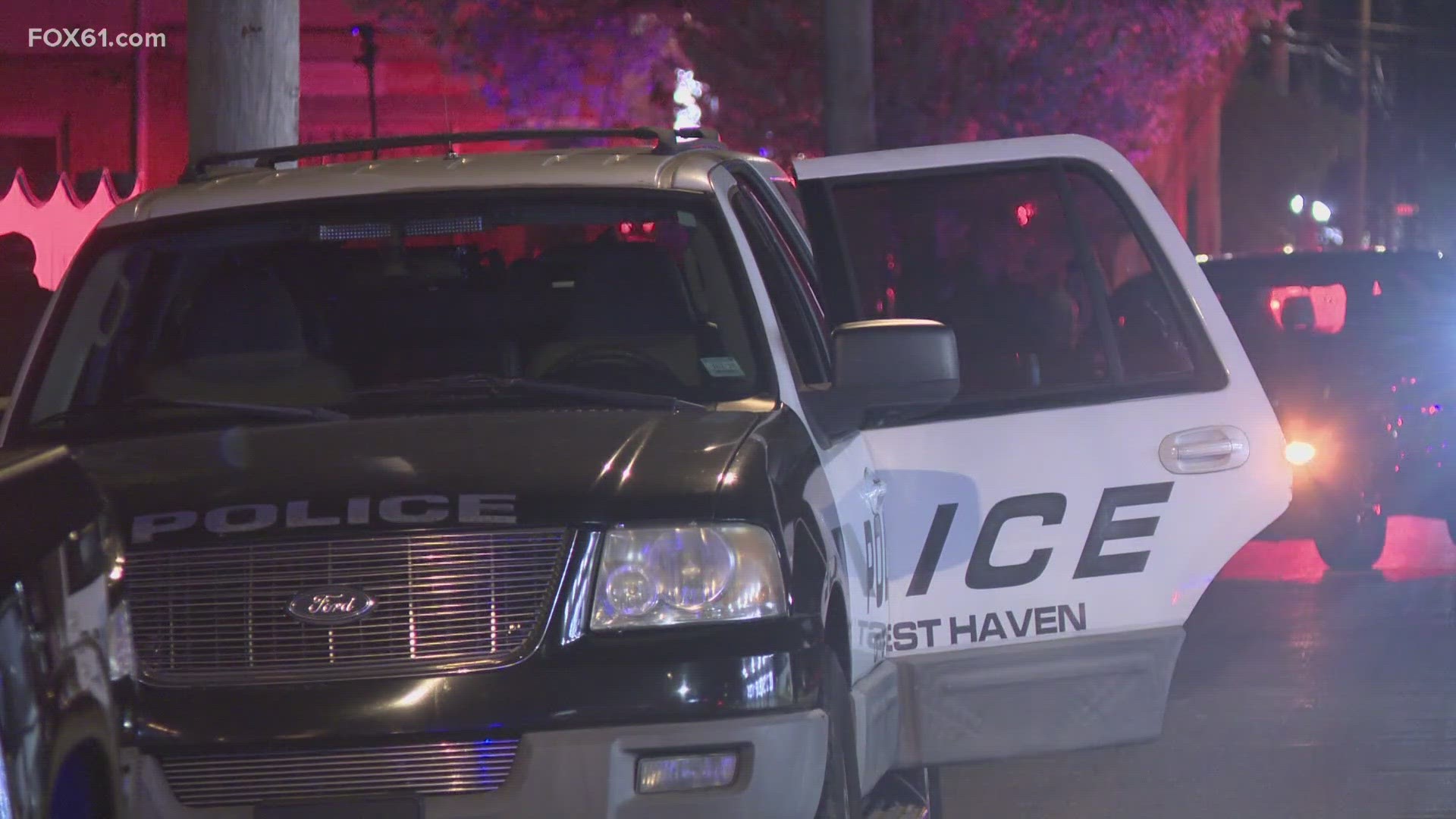ELLINGTON — The opioid crisis has taken the lives of tens of thousands of people across the United States.
More than 440 people in Connecticut died in 2016 from a drug overdose, with the majority of those deaths involving heroin or another form of opioid.
Tim Lally, of Ellington, is one them. The 29-year-old died from a heroin overdose in January. Now, his father John Lally is speaking out on the issue.
John, describing a younger Tim, as “happy-go-lucky," and a lover of baseball and music.
“We have a big family and hanging out with his uncles and debating in between the Red Sox and the Yankees, you know he would love that. He was a big Red Sox Fan,” John said, reminiscing over good memories while looking at his son’s picture.
“He had a great sense of humor, he had a quick wit, that’s what I loved about him,” John said about his oldest son. “Music was just his passion though, he played the guitar. One day he got to professionally at the Webster Theater for one gig, for one day and that was like the high point of his life probably.”
In what was his junior year in high school, Tim’s parents noticed the beginnings of what would later become Tim’s decade long struggle with depression and anxiety. John describing Tim during that time as being “shut down and withdrawn.”
“He started having trouble in school, and hanging out less with his friend and staying in his room a lot,” John said.
Tim’s doctor’s and his parents made every effort to find a combination of medication and therapy that could help Tim, but after years of trying, the Lallys were faced with a whole new challenge.
“In hindsight now we see things a little clearer, but we found things in his room which parents should know, lots of little foil packets with little burn marks in the middle. He convinced us and maybe we wanted to believe it was marijuana residue and he was just smoking the last of it. It turns out he was smoking heroin,” John said.
A heroin addiction that Tim’s father started with prescription pain medication. John said he’s unsure where those pain pills came from, but said he thinks Tim started crushing down pills to smoke them. Then, as his dependency to the opioid medication grew stronger, his using shifted.
“Heroin is cheaper and unfortunately easier to get than prescription pain pills and at some point we don’t know when, he switched to injecting… with needles and heroin,” John said, while describing the shock of finding out his son was using heroin.
“It’s like you got hit by a bus! It’s like whoa! It’s like where did this come from, it’s like this can’t be happening! Heroin!? We don’t know anybody who does heroin! Who does that? We were thinking back then,” John said.
As that shock was settling in, John and his wife said they knew their son needed help and that he needed it immediately. They reached out to rehabilitation facilities eager to get Tim into treatment, but were faced with roadblocks.
They said they had to, “call back every day seven [days], ten days the second time. How many people with addiction have that kind of motivation luckily he had us? We sat with him every day, call again, call again, call again.”
Tim’s parents said they sought out all the professional support they could think of throughout his struggle to stay in recovery. Over the course of two years, “Tim went to psychiatrists, psychotherapists, psychiatric APRN’s, he did intensive outpatient programs, he did inpatient rehab.”
In January, Tim’s third relapse turned out to be his last.
“It’s hard, you know, Tim, he lost his battle, so I can’t tell you what worked. We didn’t find out what the right thing would have been for Tim, it didn’t get that far,” John said.
John said Tim’s death has ignited his mission to break the stigma that comes with addiction.
“Struggling with anxiety, depression, addiction, and relapse, Tim felt he was a loser and I think he gave up asking for help because he was embarrassed and ashamed,” he said.
John said he now shares his son’s story to lend support to other parents of the opioid crisis.
“Like if your kid had diabetes or heart problems or cancer, addiction changes your brain, actually physically and chemically. I want parents to hear that this is not your fault. You didn’t raise your child to become an addict, and you didn’t cause him to be an addict, and you didn’t cause it to continue. You did the best you could,” John said.
John is now reaching out other families dealing with heroin addiction, on his son’s behalf. He started, OpTIMism, a foundation in Tim’s honor. In addition to raising awareness about opioid addiction, John is raising money to put towards sports scholarships for kids in the community, as means of drug prevention.
There are ways to get help for heroin addiction:
To find a treatment assessment center near you, call 1-800-563-4086.



